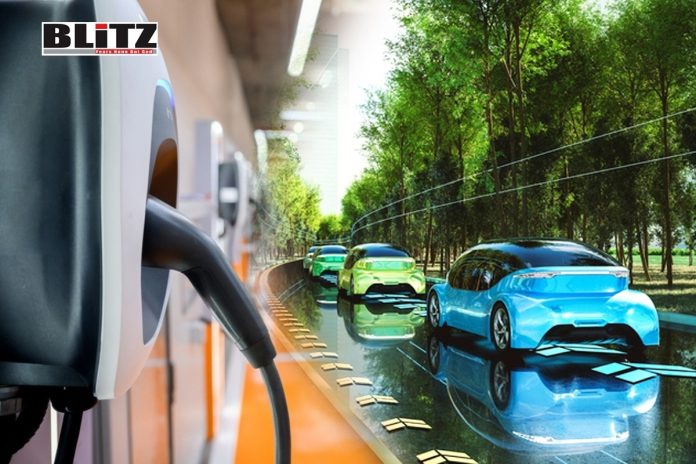Located in the stunning Swiss canton of Valais, the Energypolis Campus research institute serves as a remarkable hub of innovation poised to redefine our approach to sustainable mobility. This institution exemplifies the power of collaboration, showcasing what can be accomplished when experts unite to address challenges in energy, health, and the environment. Its presence underscores the transformative potential that concerted efforts can unlock in advancing green technologies and solutions.
Central to this transformative movement is H55, a pioneering company born from the innovative Solar Impulse project. This groundbreaking initiative made history by successfully circumnavigating the globe using solely solar-powered electric propulsion, setting a new benchmark in sustainable aviation. Building on this legacy, H55 continues to push the envelope in electric aviation technology. Their upcoming two-seater electric pilot training aircraft, anticipated to secure certification by 2025, serves as a testament to their unwavering dedication to reshaping the aviation landscape. Their overarching mission goes beyond innovation; it’s about catalyzing a shift towards net-zero emissions in aviation. By developing electric propulsion systems that are not only clean, quiet, and efficient but also safe and affordable, H55 aims to revolutionize the industry and pave the way for a greener future in the skies.
The electric revolution is not confined to the skies of Valais. It is a global movement that is steadily transforming the landscape of mobility across various sectors.
In cities worldwide, electric buses are becoming the norm, offering a cleaner and quieter alternative to their diesel counterparts. These buses not only reduce emissions but also contribute to improving air quality in urban environments.
The freight industry, long a major source of global emissions, is experiencing a notable shift towards sustainability. Electric trucks are increasingly becoming the preferred choice as businesses acknowledge the advantages of electrification, such as diminished carbon footprints and decreased fuel expenses. Particularly suited for short to medium-range transportation, these electric trucks offer a practical alternative for urban logistics, further driving the momentum towards cleaner and more efficient freight solutions.
Electric motorcycles and scooters are emerging as popular choices for personal transport, particularly in congested urban areas. Their efficiency and ease of use make them a practical solution for navigating city streets without contributing to pollution.
In the marine industry, electric boats are making waves-quite literally. These zero-emission vessels offer a sustainable alternative to traditional boats, promising cleaner waterways and a brighter future for marine ecosystems.
As electric cars dominate our roads, another exciting development looms on the horizon: electric vertical take-off and landing (eVTOL) aircraft. These electric-powered aerial vehicles are designed to take off and land vertically, offering a glimpse into a future where urban skies are filled with silent, emissions-free aircraft. This innovation, driven by advancements in software and artificial intelligence, promises to revolutionize urban mobility further.
While the benefits of electric vehicles (EVs) are undeniable, it is crucial to consider the entire lifecycle of these vehicles to fully assess their environmental impact. From the mining of materials for batteries to the generation of electricity and the eventual disposal of used equipment, every stage has its environmental footprint.
To truly harness the potential of EVs, it is imperative that the energy used to charge them comes from clean, renewable sources. Additionally, responsible sourcing of materials ensures that the production of EVs does not harm the environment or exploit communities.
The integration of EVs across all modes of transport holds immense promise for a cleaner, more sustainable world. However, it is essential to approach this transition thoughtfully and strategically. The shift towards electrification should not compromise the mobility and economic growth that societies rely on.
The intersection of innovation in mobility, sustainability, and health is forging a path towards a future where these domains harmoniously intertwine. Adopting a comprehensive strategy that encompasses the entire lifecycle of electric vehicles-from their manufacturing and operation to eventual disposal-allows us to achieve this vision sustainably. This holistic approach safeguards both our environment and economies, ensuring a prosperous and green future..
The electric vehicle revolution is more than just a technological advancement; it is a catalyst for change. From the skies of Valais to the streets of cities worldwide, electric mobility is reshaping the way we move and live. With responsible innovation and a commitment to sustainability, we can pave the way for a greener, cleaner future for generations to come.




